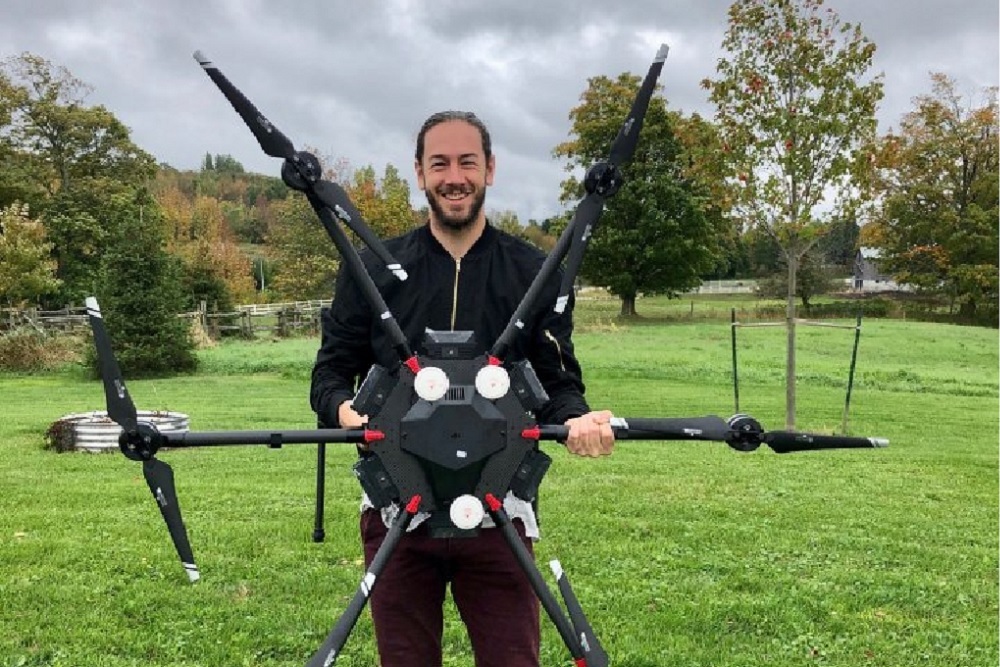A new AI technology for diagnosing breast cancer is as good as two doctors doing a double reading system.
Diagnosing breast cancer
Google Health and Imperial College London formed an international team to design and train an AI that can diagnose breast cancer thru reading mammograms. The process involved nearly 29,000 X-ray images from random women.
In its initial trial, the AI beat six radiologists in reading mammograms and matched the skill set of two doctors.
AI is tireless. It does not experience fatigue even when functioning at 24/7.
Usually, it takes two radiologists to look into an X-ray image for diagnosis, and in rare cases of disagreement, a third member – a doctor helps in assessing the image.
How did the AI perform?
For discreetness, the research made use of anonymous images from random women’s X-ray results. The data that the AI had access to excludes the patient’s history and other personal details. The only information it has access to are the mammogram results.
Performance comparison showed that the AI model is as good as two doctors reading results side-by-side and by far more superior compared to a single doctor reading results.
According to the spokesperson for Google Health, Dominic King:
Our team is really proud of the results of the research. We now see the end result, a tool that can help the medical field in diagnosing breast cancer faster and with greater accuracy.
Interpreting X-ray results is equally important as well as very time-consuming, and with the shortage of radiologist in the UK, an AI model such as this one will be of great help.
AI helps lighten the workload
Despite being more accurate than a single doctor in diagnosing mammogram results, AI must always operate with human intervention. The model is not meant to replace humans in their field of expertise but rather lessen the workforce needed in a specific area. With only one radiologist needed to examine mammogram results, others can focus on other cases other than breast cancer cases.
The Director of Cancer Intelligence and early diagnosis at Cancer Research UK (CRUK), Sara Hilom, believes in the efficiency that the AI model brings.
This is promising research. In the future, it will then be possible to make screening faster and more accurate. It will lessen the waiting and worrying of patients.
Combining human intervention with AI efficiency is a great idea, especially in the medical field.







